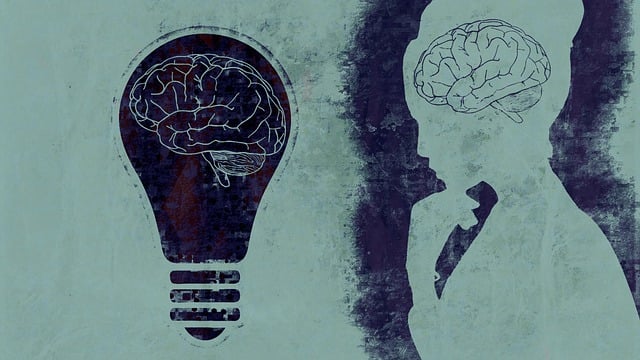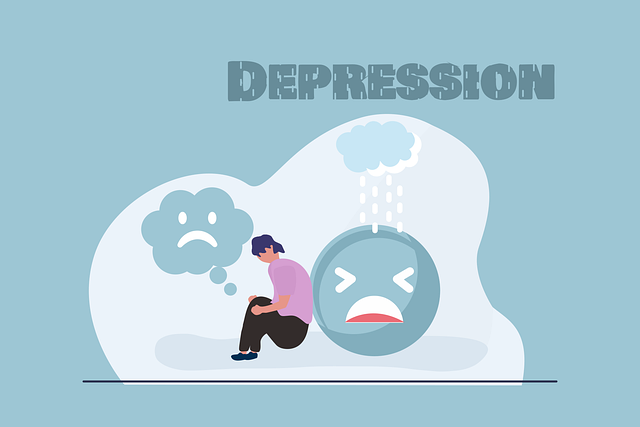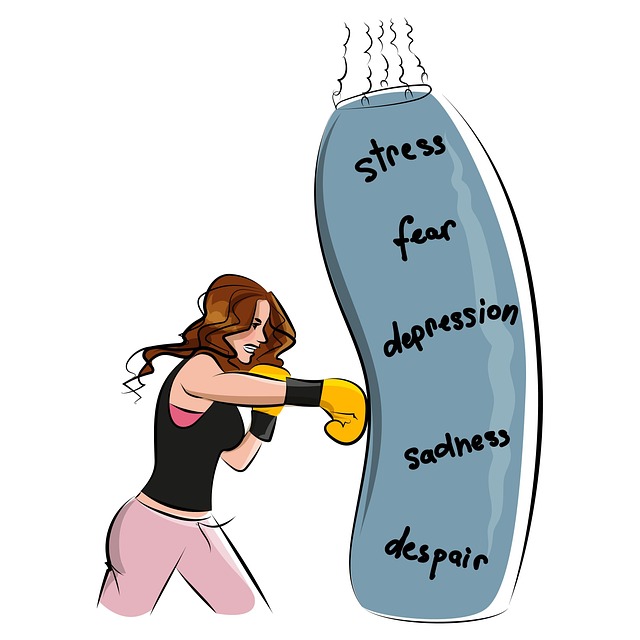Golden Suicide Prevention Therapy is an innovative, holistic approach to crisis intervention, focusing on early identification and treatment of suicidal ideation by addressing underlying mental health issues. Recognizing warning signs like persistent despair or behavioral changes is crucial, with community education and outreach playing a key role in encouraging help-seeking. The therapy combines evidence-based practices such as self-care routines, stress management workshops, and mindfulness meditation to enhance resilience and emotional intelligence. Post-intervention support emphasizes long-term care through resources like therapy, peer groups, and community programs, aiming to prevent relapse and promote overall well-being.
In a world where crises can arise unexpectedly, effective intervention strategies are vital. This article provides an in-depth guide to crisis intervention, focusing on suicide prevention as a critical global concern. We’ll explore key elements such as identifying at-risk individuals and understanding the power of early intervention. Delving into the ‘Golden Suicide Prevention Therapy’ techniques offers practical tools for professionals and caregivers. Additionally, we’ll discuss post-intervention strategies to ensure long-term support.
- Understanding Crisis Intervention: A Brief Overview
- Identifying Signs and Risk Factors for Suicide
- Golden Suicide Prevention Therapy: Techniques and Implementation
- Post-Intervention Support and Follow-Up Strategies
Understanding Crisis Intervention: A Brief Overview

Crisis intervention is a critical and specialized approach aimed at providing immediate support to individuals facing severe emotional distress or potential harm. It involves strategic techniques to help people navigate through crisis points, offering hope, stability, and coping mechanisms. The primary goal is to ensure safety, reduce suffering, and promote resilience. This process often includes assessment, active listening, and tailoring interventions to meet the unique needs of each individual.
In the context of suicide prevention, Golden Suicide Prevention Therapy stands out as a powerful tool. It emphasizes the importance of early intervention and supportive relationships to address underlying issues contributing to suicidal ideation. By integrating evidence-based practices, such as self-care routine development for better mental health, stress management workshops organization, and empathy building strategies, crisis interveners can effectively guide individuals towards long-term recovery and improved well-being.
Identifying Signs and Risk Factors for Suicide

Recognizing the signs and understanding risk factors are pivotal steps in suicide prevention. Many individuals struggling with mental health issues may exhibit subtle or overt indicators that can alert others to their distress. These signs might include persistent feelings of despair, hopelessness, or anger; a sudden change in behavior or appearance; increased use of alcohol or drugs; social withdrawal; and talking about death or suicide repeatedly. It’s crucial for friends, family, and community members to be vigilant and not dismiss these as mere phases.
The Golden Suicide Prevention Therapy emphasizes the importance of early intervention. By being aware of risk factors such as previous suicide attempts, mental health disorders, chronic pain, or a recent traumatic event, individuals can play a vital role in reaching out and providing support. Community outreach programs and mental wellness podcast series production can be effective tools to educate people on these signs and encourage help-seeking behaviors. Additionally, promoting self-care practices can equip individuals with coping mechanisms, fostering resilience against suicidal ideation.
Golden Suicide Prevention Therapy: Techniques and Implementation

Golden Suicide Prevention Therapy is a powerful approach that focuses on empowering individuals to navigate and overcome suicidal ideation. This therapy is based on the understanding that early intervention can significantly alter an individual’s trajectory, transforming despair into hope. The core of this method lies in its holistic nature, addressing not just the symptoms but also the underlying causes. By fostering emotional intelligence and teaching effective stress management techniques, it aims to equip people with the tools to cope with intense emotions.
One key technique within Golden Suicide Prevention Therapy is Mindfulness Meditation, which encourages individuals to stay present and observe their thoughts without judgment. This practice enhances self-awareness, allowing for better recognition of early warning signs of distress. Through regular meditation, individuals can learn to detach from negative thought patterns, reducing the intensity of suicidal impulses. By integrating such practices into daily routines, the therapy promotes resilience and enables folks to effectively manage mental health challenges.
Post-Intervention Support and Follow-Up Strategies

Post-intervention support and follow-up are vital components of crisis intervention guidance. Once the initial emergency has passed, individuals often require sustained care to prevent relapse or further emotional distress. The Golden Suicide Prevention Therapy framework emphasizes the importance of long-term support, ensuring that clients have access to resources and strategies to maintain their mental health. This can include ongoing therapy sessions, peer support groups, or community-based programs designed to promote emotional well-being.
Implementing Mental Health Education Programs and incorporating Emotional Well-being Promotion Techniques can empower individuals to manage crisis situations effectively. Regular check-ins, educational workshops, and access to helplines allow for continuous guidance and reinforcement of coping mechanisms learned during the intervention phase. These strategies foster a sense of resilience and encourage individuals to seek help promptly if needed, ultimately reducing the severity of future crises.
Crisis intervention plays a pivotal role in preventing suicide, with strategies like Golden Suicide Prevention Therapy offering effective techniques. By identifying risk factors and providing post-intervention support, we can foster hope and healing. Remember that early recognition and swift action are key; understanding these guidance points empowers us to navigate crises effectively and save lives. Incorporating the Golden Suicide Prevention Therapy approach into our toolkit strengthens our ability to offer meaningful help when it matters most.














